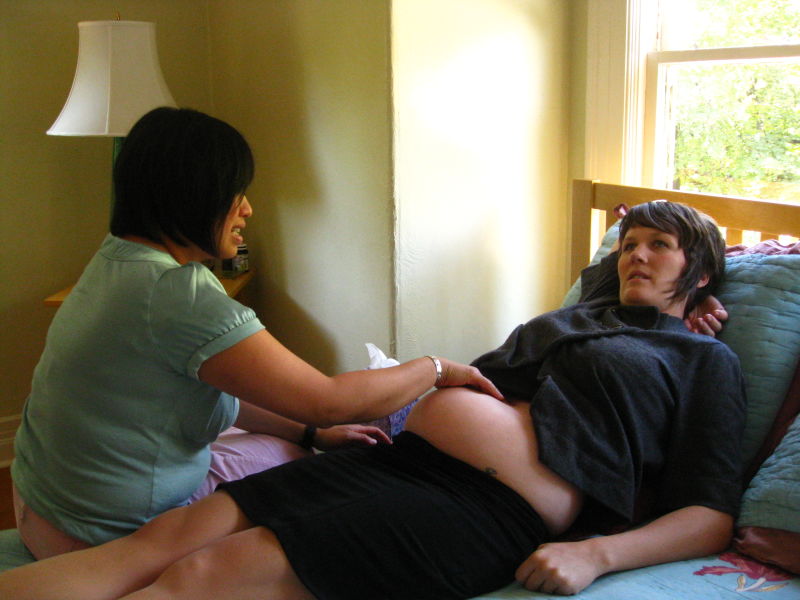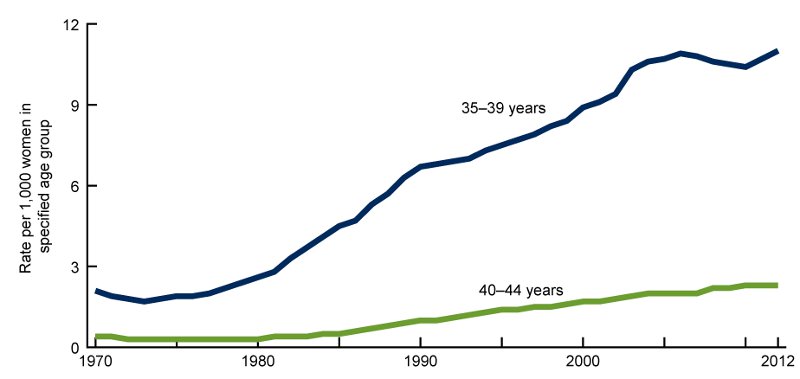Around 10 percent of women may have a biological clock that ticks even faster than normal.
These women, whose ovaries are older than their actual age because of something called premature ovarian aging (POA), often don’t know there are any issues until they are already having problems getting pregnant. By then, the only options left may be expensive procedures like in vitro fertilization (IVF) or using an egg donor.
Ideally, these women would have a way to find about their fast-aging ovaries before they experience fertility issues. This is where a new set of tests from a startup called What’s My Fertility comes in.
What's My Fertility offers three blood tests, including a genetic test, as well as a questionnaire to help determine if a woman is at a higher risk for fertility troubles. If she is, then her doctor can do regular screenings to figure out when her number of eggs is likely to fall.
The questionnaire helps shed light on a patients' family history. If her mother or sister has POA, then she is at a higher risk for it too. Another factor is whether the patient has an autoimmune disease, like lupus. Women who have these diseases or who have relatives with them are at higher risk for POA as well.


